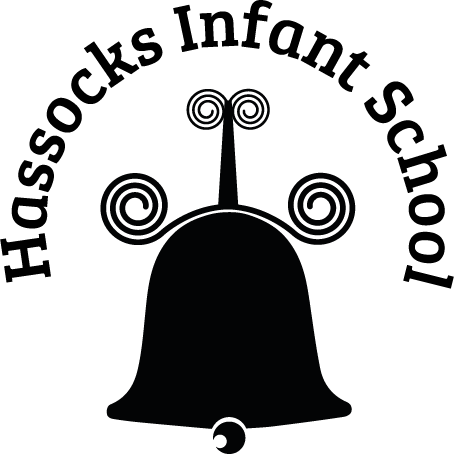Healthy Relationships
Relationships play a vital part in children's well-being. Healthy relationships help children to feel secure and supported. We teach our children to recognise what a healthy relationship should feel like, and to recognise the signs when this is not the case. Staff are trained to feel confident in knowing how to teach children about healthy relationships and how to seek help if they need it.
What we do:
- Teaching specifically about healthy and unhealthy relationships, e.g. the importance of respect, boundaries and personal space, respecting differences, happiness, improving and supporting relationships, courtesy, bullying including online bullying, seeking and giving permission.
- Promoting and modelling healthy relationships.
- Encouraging children to develop positive relationships with peers of all dispositions.
- Allowing children to learn about ways to have healthy friendships through opportunities such as being playground friends.
- Supporting children to develop their emotional literacy.
- Teaching children how to communicate effectively with each other.
- Supporting children to understand ways to safely deal with conflict.
- Children are also taught about e-safety including healthy online relationships; further support is sent to parents and carers. The school's online environment and keeping children from online harm are regularly reviewed and monitored.
Our Curriculum:
Our PSHE and Relationships curriculum, 'Jigsaw Time', focusses specifically on Healthy Relationships. It covers concepts such as:
- Online relationships
- Mental wellbeing
- Keeping yourself safe
- caring friendships
- Families and people who care for me

Children are taught about trusted adults and who they can speak to if they have a worry, including Childline. All children are supported to access this learning. Content for some SEND children may need to be tailored to meet the specific needs of the child.
We take a whole school approach to respectful relationships; it is incorporated within our behaviour policy, championed by every member of staff and is a central part of our culture, ethos and expectations.
Helping Hands and Worry Monsters
Children are supported to understand how they can identify and talk to a trusted adult - the people they can turn to in times of worry, stress or crisis. At the start of each academic year, the children create helping hands where they are supported to identify five trusted adults they can speak to if they have a worry. Helping hands and trusted adults are referred to throughout the year.
